When we’re born, our colons and gut are immediately flooded with bacteria that serves to help us digest and stay healthy (1). This process of introducing bacteria influences how the gut interacts with our bodies for the rest of our lives. In the last few years, scientists have been doing extensive research on the gastrointestinal (GI) system. While researching this, they have discovered that the gut has a much more complex role than just digesting food. It’s linked to a number of body systems that seem completely unrelated to digestion, including immunity, emotional stress, chronic illnesses, and Type 2 diabetes (2).
Immunity and the gut
Recent research has discovered that about 70% of our immune system is found in the gut. “It is the distinct responsibility of the mucosal immune system to sample and discriminate between harmful and beneficial antigens and to prevent entry of food-borne pathogens through the gastrointestinal (GI) tract,” (3). Studies have found that the bacteria that occupies the gut and makes up the natural microbiota, “is critically important for the breakdown of nutrients, and also assists in preventing colonization by potentially pathogenic bacteria,”(4). If we take care of the microbiota or microflora found in our gut, we are able to have a stronger immune system and are less likely to become ill from food borne pathogens.

Skin and the gut
There is clear, scientific evidence that there is an association between gut problems and skin disorders. In a recent report, it was indicated that small intestine bacterial overgrowth (SIBO), a condition involving inappropriate growth of bacteria in the small intestine, is 10 times more prevalent in people with acne rosacea than in healthy controls, and that correction of SIBO in these individuals led to marked clinical improvement (5). 14% of patients with ulcerative colitis and 24% of patients with Crohn’s disease have skin manifestations. Celiac disease also has cutaneous manifestations, such as dermatitis herpetiformis, which occurs in 1/4 of celiac sufferers. Celiacs also have increased frequency of oral mucosal lesions, alopecia and vitiligo (6). When the gut is happy and healthy, the skin will be too.
Weight and the gut
Research in the last few years has discovered that an imbalance of microbes in your gut can lead to weight gain (7). Additionally, when the microbiomes of two twins, one overweight and one healthy, were injected into rats, the one with the overweight biome gained weight more quickly than the other, despite them eating the same food (8). This also rang true when scientists studied the effects of blood sugar and gut bacteria together. It showed that the gut bacteria that you have in your gut can impact your blood sugar, which can be linked to diabetes (9). It mimicked the rat study by finding that in spite of the participants eating the same food, their blood sugar levels were vastly different. A balanced and healthy gut can greatly have an impact on weight.

Brain Health and the gut
The brain is central to everything that happens in our bodies, so it’s no surprise that the gut and it are linked. “Accumulating data now indicate that the gut microbiota also communicates with the [central nervous system]--possibly through neural, endocrine and immune pathways--and thereby influences brain function and behaviour,”(10). This connection that is established between the gut and the brain, which begins developing in infancy and matures throughout childhood, is why the gut has such a strong influence on so many aspects of our overall health (11). It indicates that “bacterial colonization of the gut is central to… [the] maturation of key systems that have the capacity to influence… the immune and endocrine systems,” (11).
Not only that though, it seems that there is a link between the gut and mental health. “The recognition that the gut microbiota interacts bidirectionally with other environmental risk factors, such as diet and stress, suggests promise in the development of interventions targeting the gut microbiota for the prevention and treatment of common mental health disorders,” (12). While research is still in its early stages for how the gut is connected with mental health, it shows promise for future findings and alternative forms of treatment for common mental health issues.

Ways to improve your gut health
Health is inextricably linked to the gut. Without a healthy gut, we are open to all sorts of uncomfortable symptoms and GI disorders, like Inflammatory Bowel Disease, insomnia, obesity and more (13). However, you aren’t doomed to an imbalanced and unhealthy gut forever. Here are 4 things you can do to help improve your gut.
Eat a diverse range of foods
Studies have shown that “like all healthy ecosystems, richness of microbiota species characterizes the GI microbiome in healthy individuals. Conversely, a loss in species diversity is a common finding in several disease states,”(14). So by eating a large range of foods by eating seasonally and ensuring you include lots of different kinds of vegetables and fruits, you will help to improve your gut health and maintain an already healthy gut.
Eat fermented foods
Fermented foods contain microorganisms called probiotics that have many essential functions that include aiding digestion and nutrient absorption, fighting disease-causing bacteria, and contributing to immune function (15,16). Examples of this include kefir, plain yogurt, aged cheese, unpasteurized fermented vegetables, miso, microalgae, pickles, raw honey, sauerkraut, kimchi, and kombucha.
Eat prebiotic foods
Prebiotics are a kind of fiber that produces short-chain fatty acids, which feed and increase the colonies of the beneficial bacteria already present in the gut (17). You can find prebiotics in oats, bananas, flax seeds, chia seeds, chicory root, asparagus, onions, Jerusalem artichokes, dandelion greens, apple, leeks, and legumes.
Take a probiotic supplement
A supplement that contains a blend of probiotics is the most effective way to ensure that you’re replenishing your gut microbiome often and fully. It’s a proven way of rectifying a dysbiosis in your gut (18).
References:
- https://pubmed.ncbi.nlm.nih.gov/20566857/
- https://www.ncbi.nlm.nih.gov/pmc/articles/PMC2515351/
- https://pubmed.ncbi.nlm.nih.gov/15123077/
- https://www.frontiersin.org/articles/10.3389/fmicb.2011.00180/full
- https://www.ncbi.nlm.nih.gov/pubmed/18456568
- https://www.ncbi.nlm.nih.gov/pubmed/15167366
- https://pubmed.ncbi.nlm.nih.gov/26912499/
- https://pubmed.ncbi.nlm.nih.gov/19043404/
- https://pubmed.ncbi.nlm.nih.gov/25415497/
- https://pubmed.ncbi.nlm.nih.gov/22968153/
- https://pubmed.ncbi.nlm.nih.gov/24997043/
- https://pubmed.ncbi.nlm.nih.gov/25415497/
- https://www.ncbi.nlm.nih.gov/pmc/articles/PMC3983973/
- https://pubmed.ncbi.nlm.nih.gov/27110483/
- https://pubmed.ncbi.nlm.nih.gov/17217568/
- https://www.ncbi.nlm.nih.gov/pmc/articles/PMC1379087/
- https://www.mdpi.com/2072-6643/5/4/1417
- https://pubmed.ncbi.nlm.nih.gov/25157183/

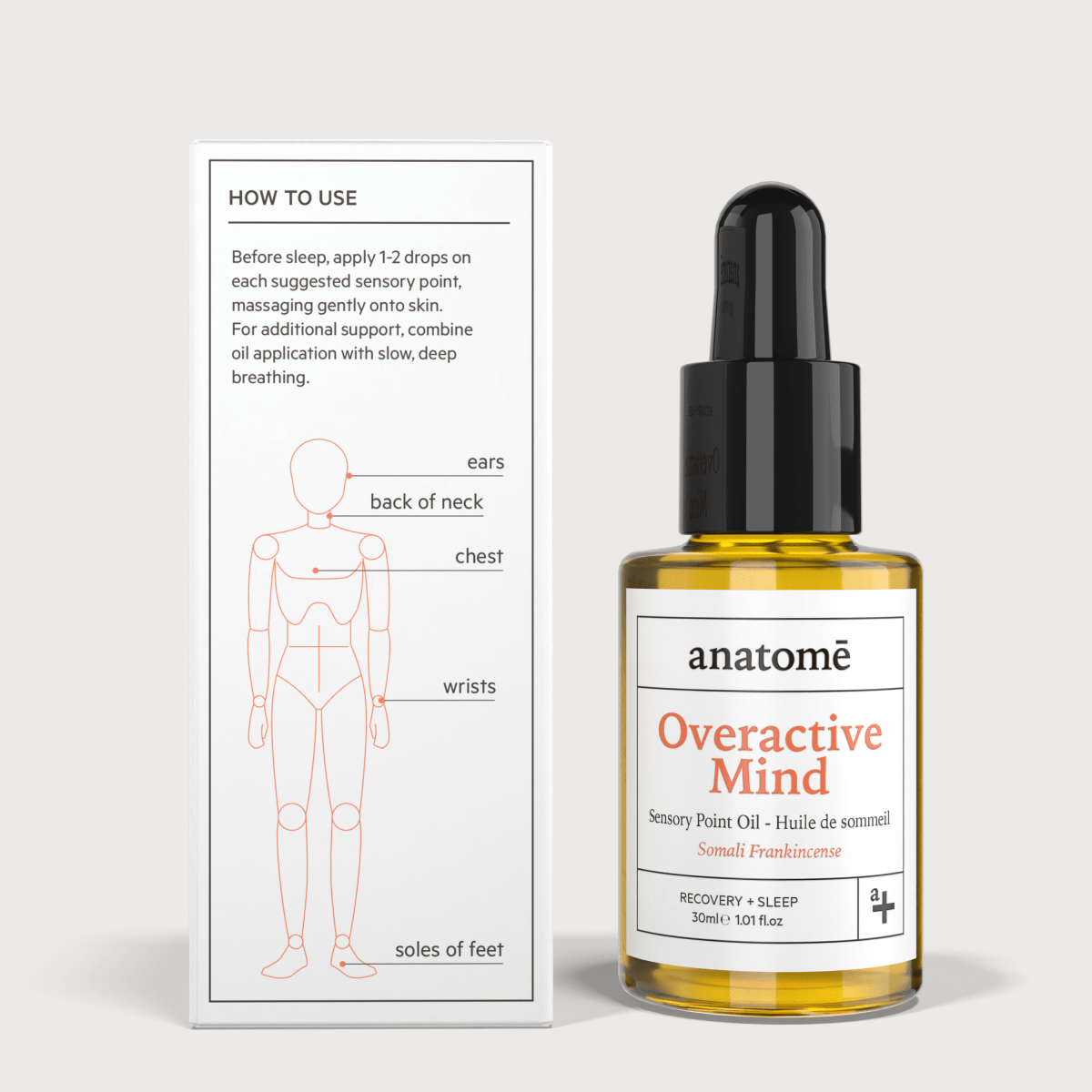
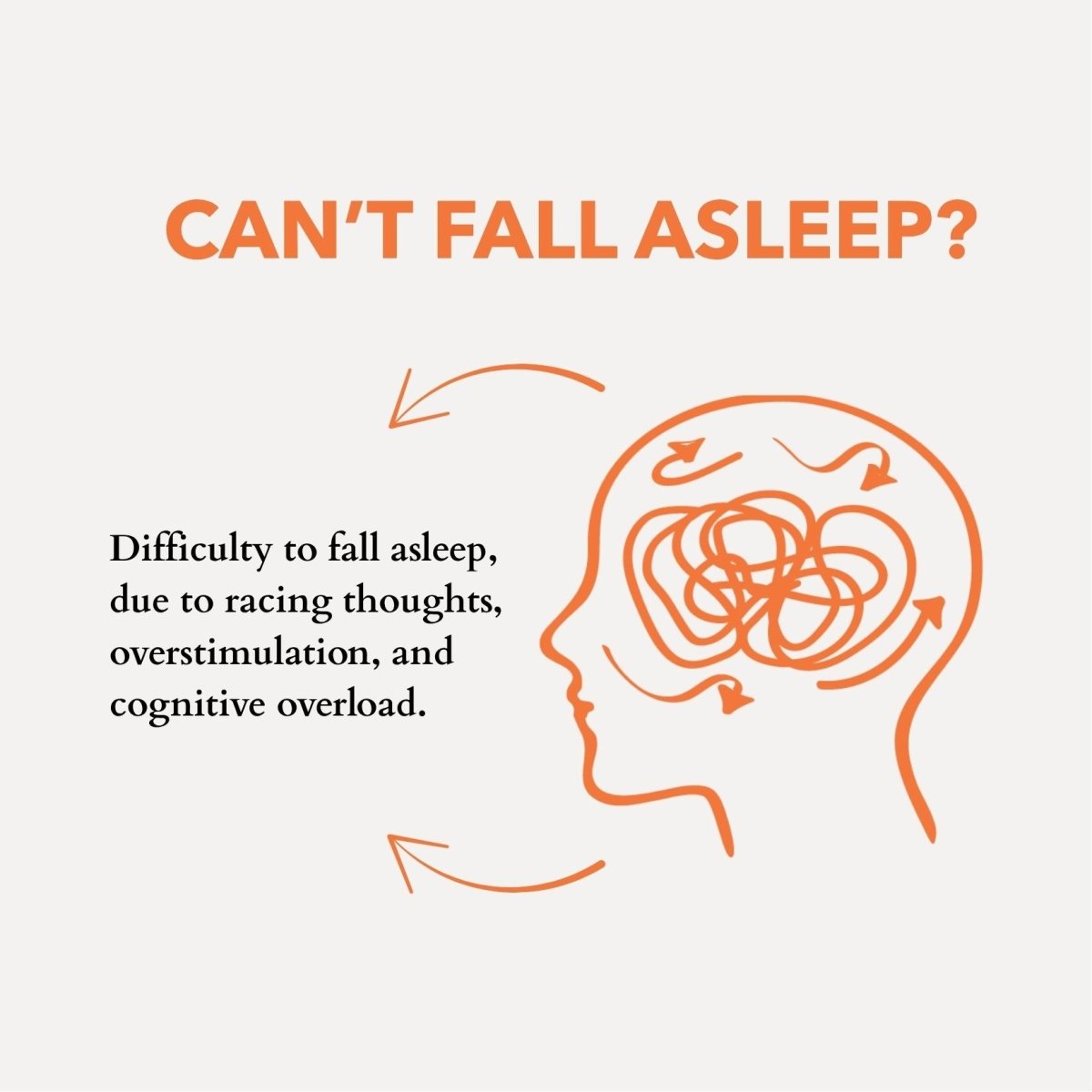




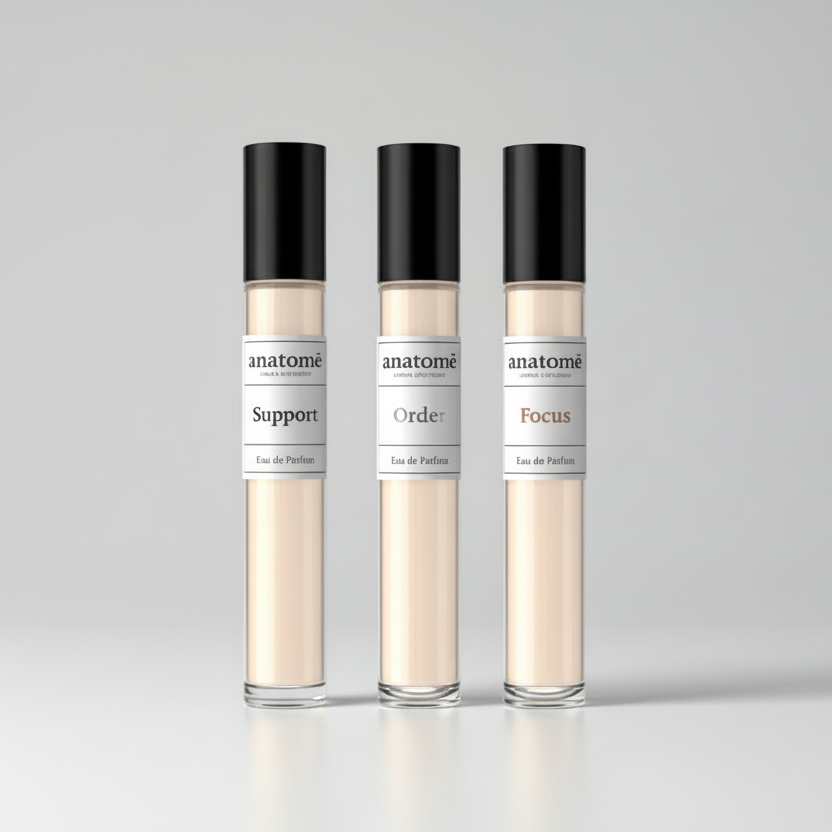




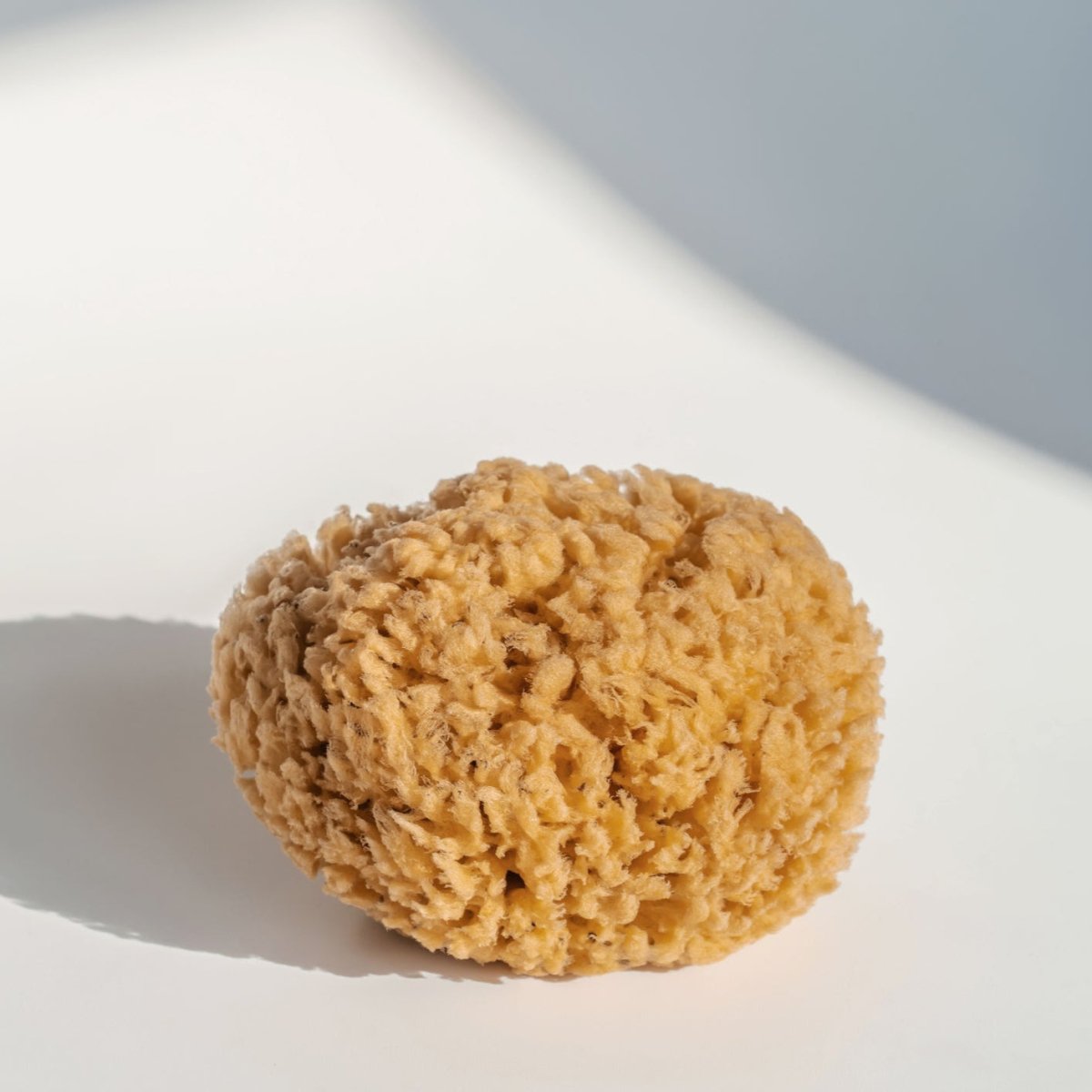

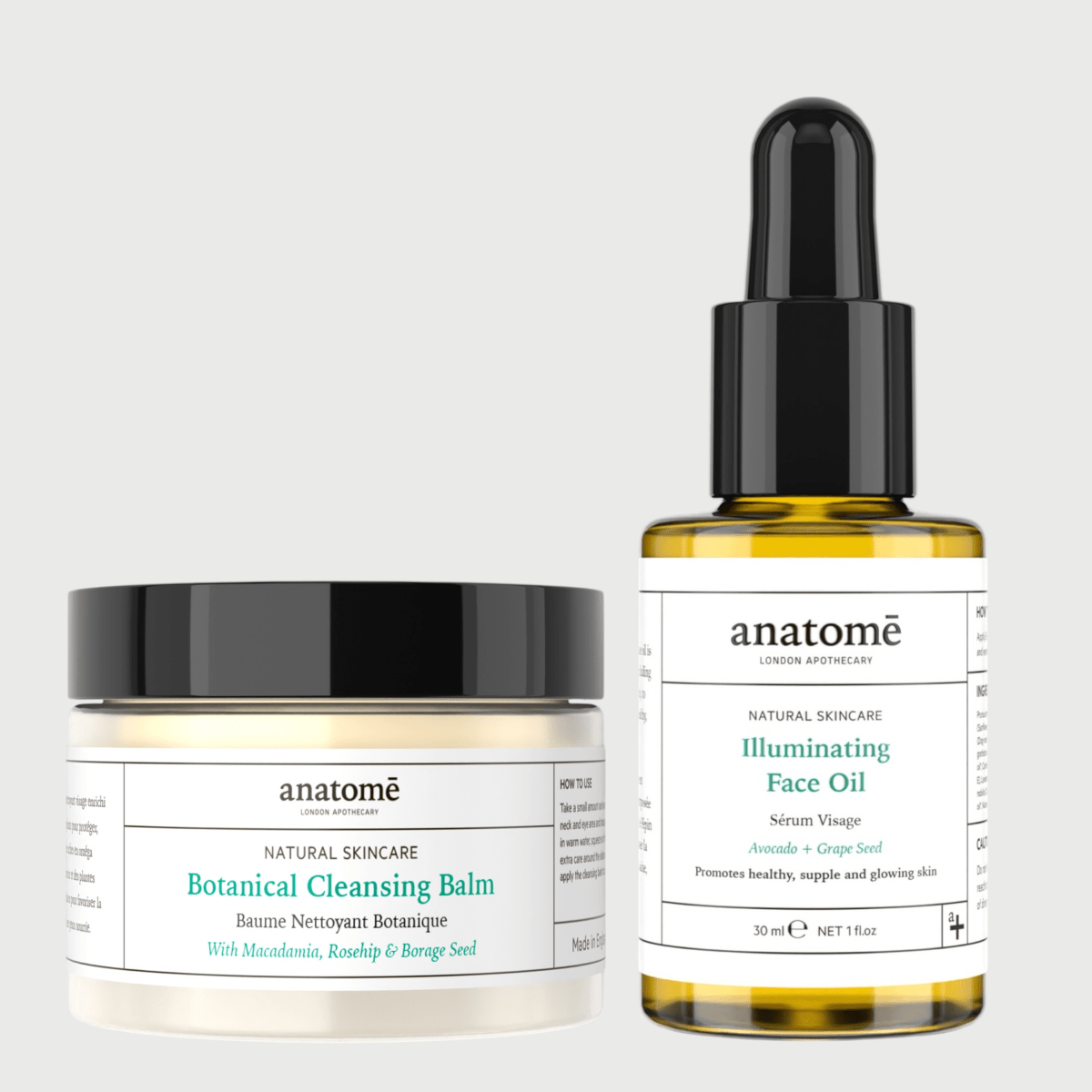




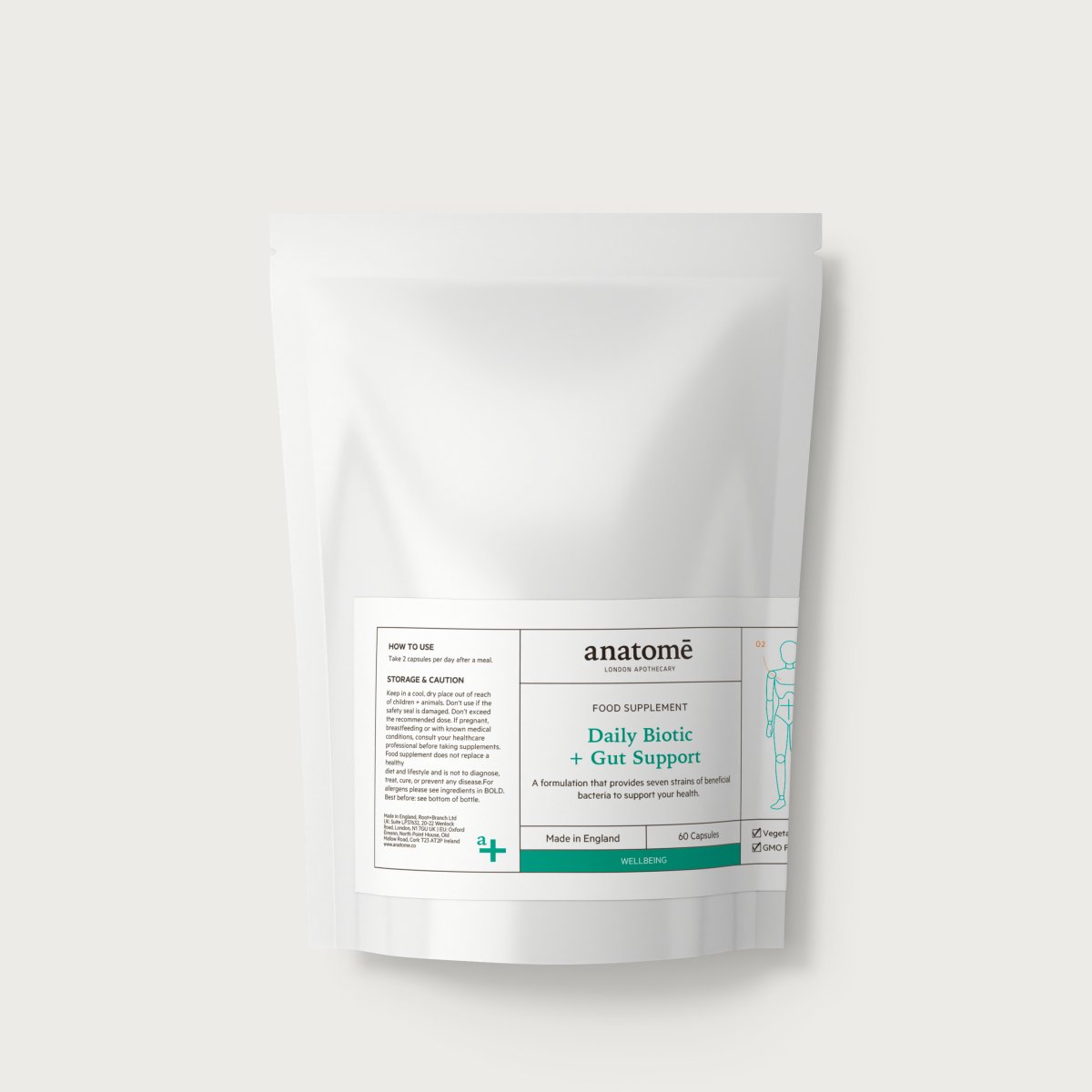
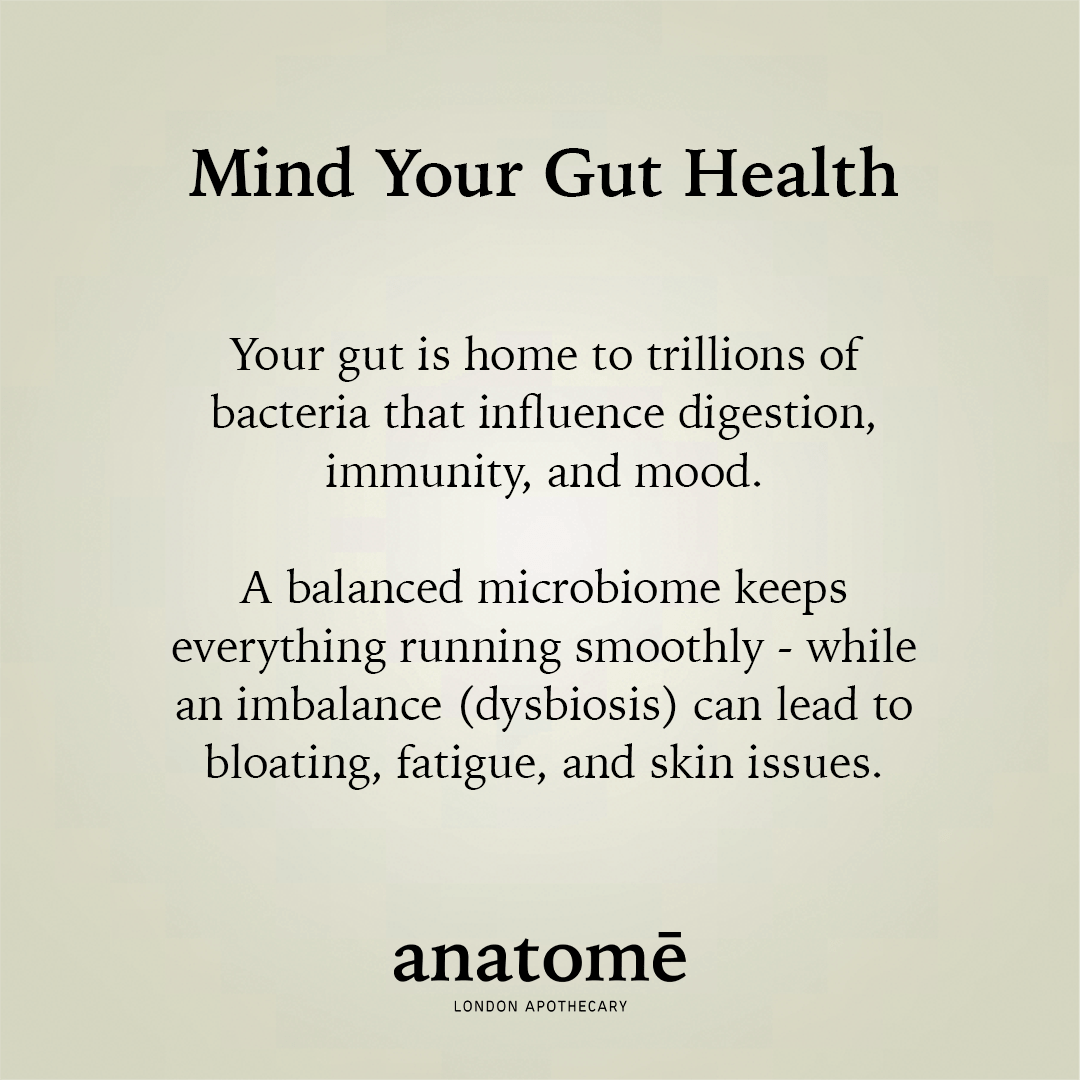
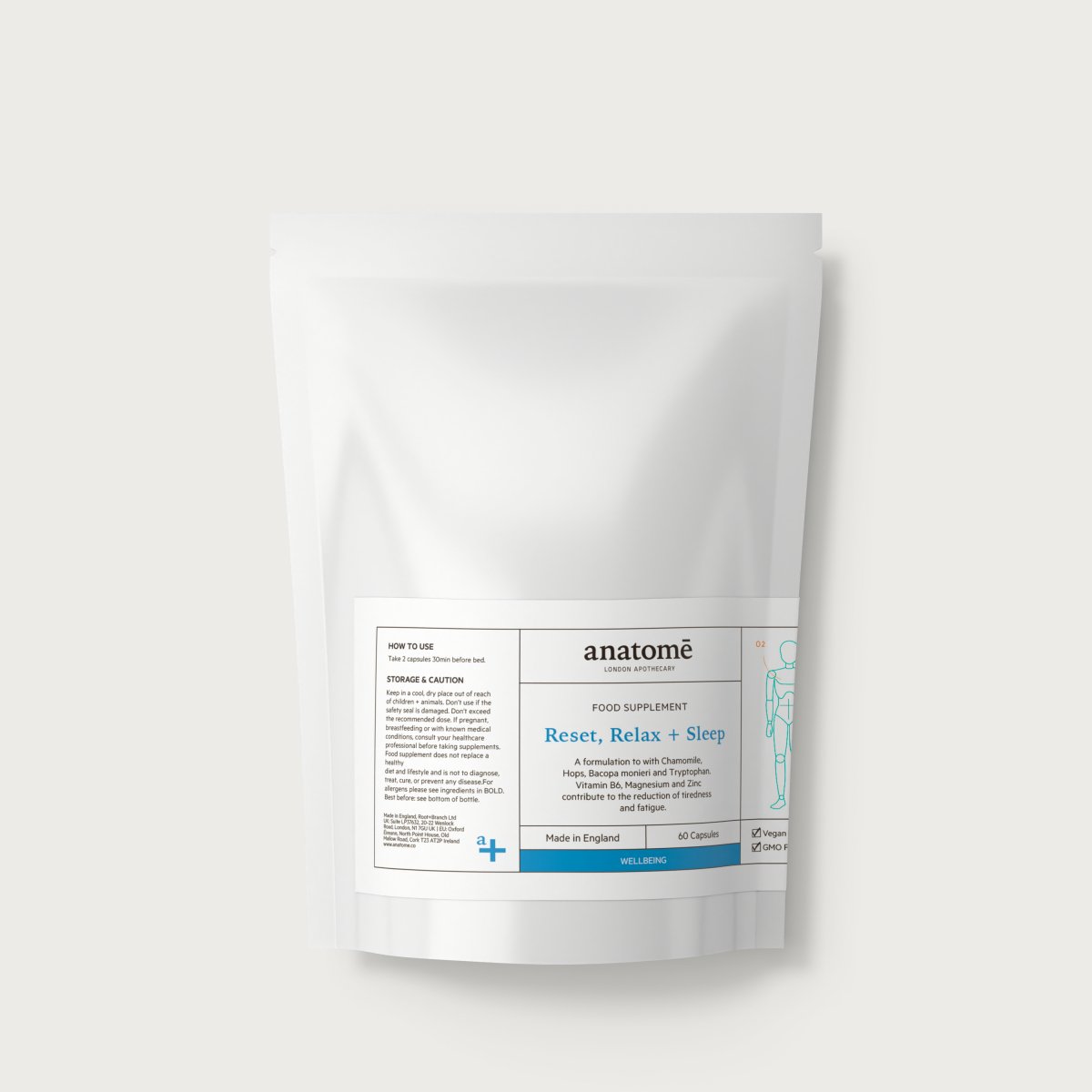







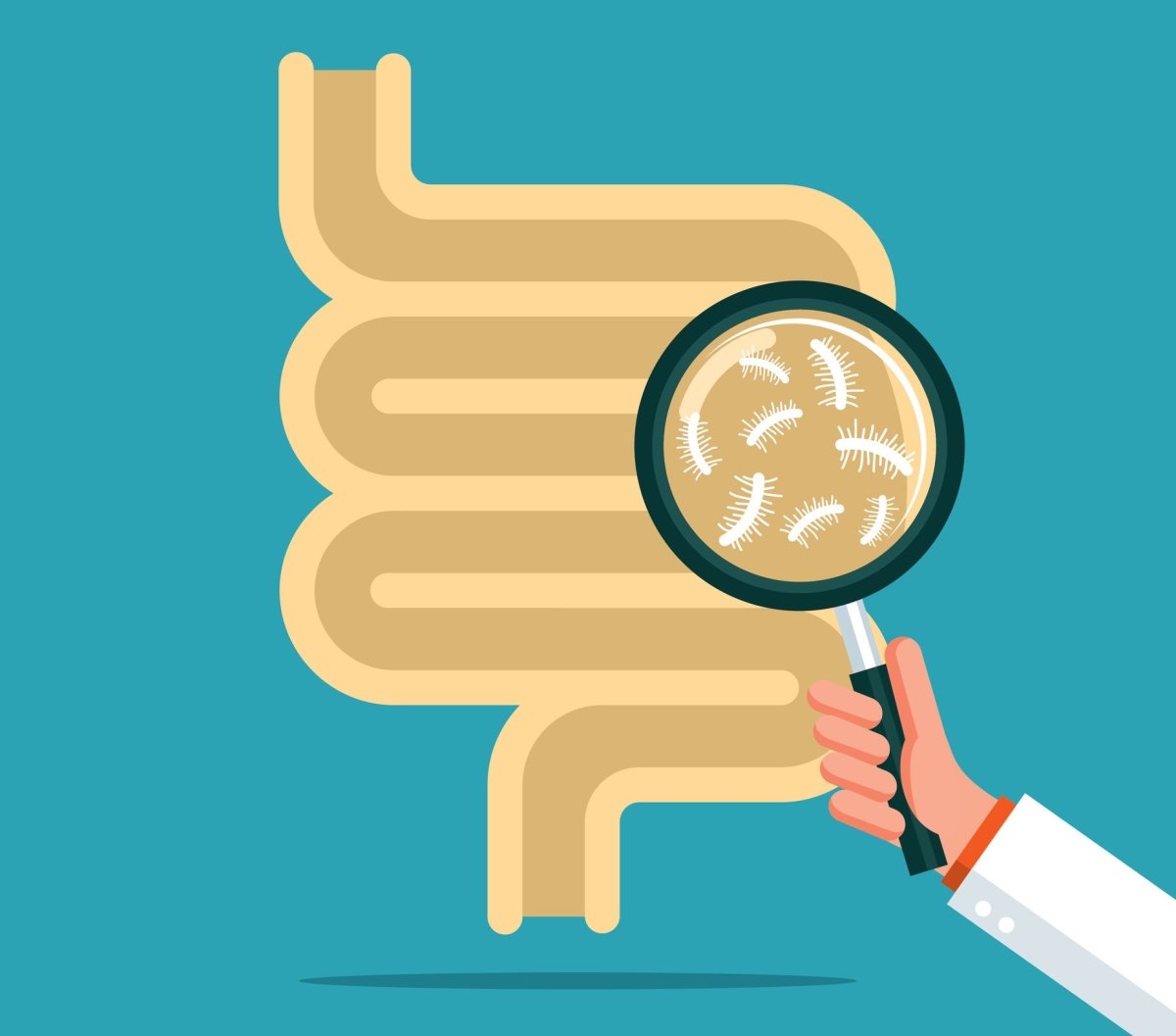





Leave a comment